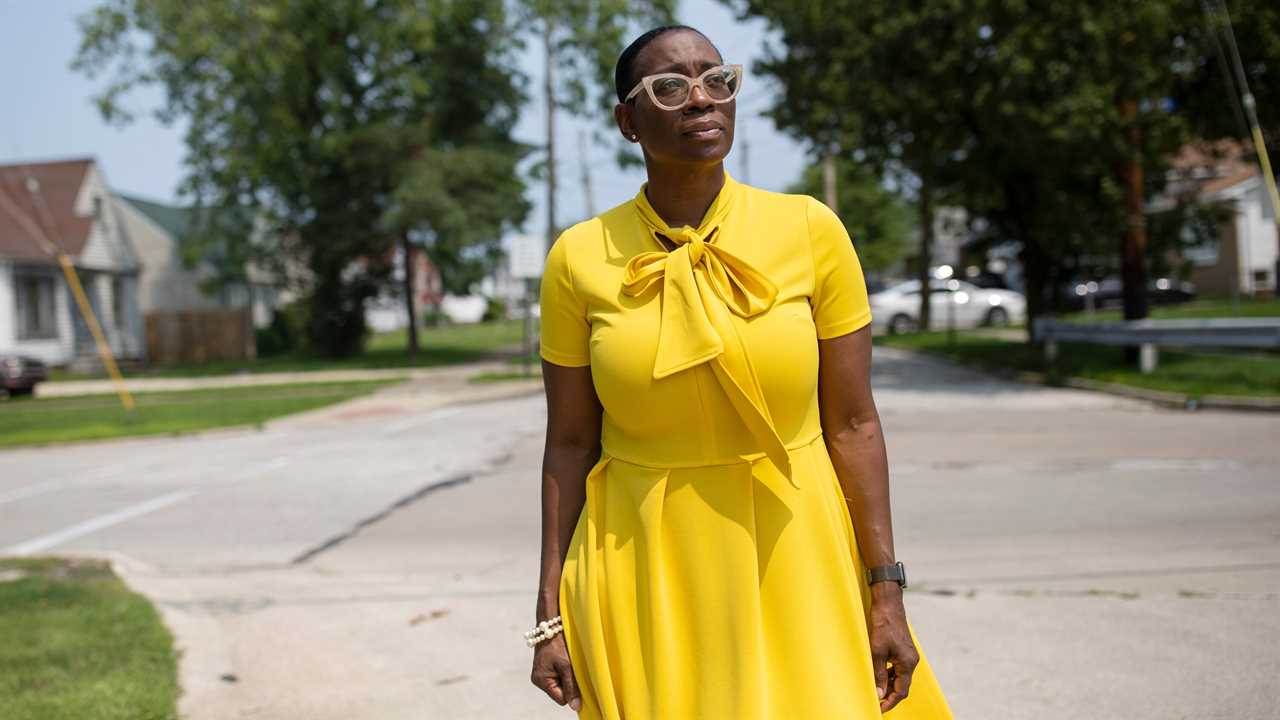
WARRENSVILLE HEIGHTS, Ohio — Nina Turner had just belted out a short address to God’s Tabernacle of Faith Church in the cadences and tremulous volumes of a preacher when the Rev. Timothy Eppinger called on the whole congregation to lay hands on the woman seeking the House seat of greater Cleveland.
“She’s gone through hell and high water,” the pastor said to nods and assents. “This is her season to live, and not to die.”
On Aug. 3, the voters of Ohio’s 11th District will render that judgment and with it, some indication of the direction the Democratic Party is heading: toward the defiant and progressive approach Ms. Turner embodies or the reserved mold of its leaders in Washington, shaped more by the establishment than the ferment stirring its grass roots.
Democrats say there is little broader significance to this individual House primary contest, one that pits two Black women against each other in a safe Democratic district that had been represented by Marcia Fudge before she was confirmed as President Biden’s secretary of housing and urban development. Ms. Turner’s main rival, Shontel Brown, the Cuyahoga County Democratic Party chairwoman, has been endorsed by the Congressional Black Caucus’s political action committee, Hillary Clinton and the highest-ranking Black member of the House, James E. Clyburn of South Carolina.
In the final weeks of the campaign, the party establishment is throwing copious amounts of time and money into an effort to stop Ms. Turner, a fiery former Cleveland councilwoman and Ohio state senator known beyond this district as the face and spirit of Bernie Sanders’s presidential campaigns, a co-chairwoman in 2020 and a ubiquitous surrogate for the socialist senator.
That suggests leaders understand that the outcome of the race will be read as a signal about the party’s future.






